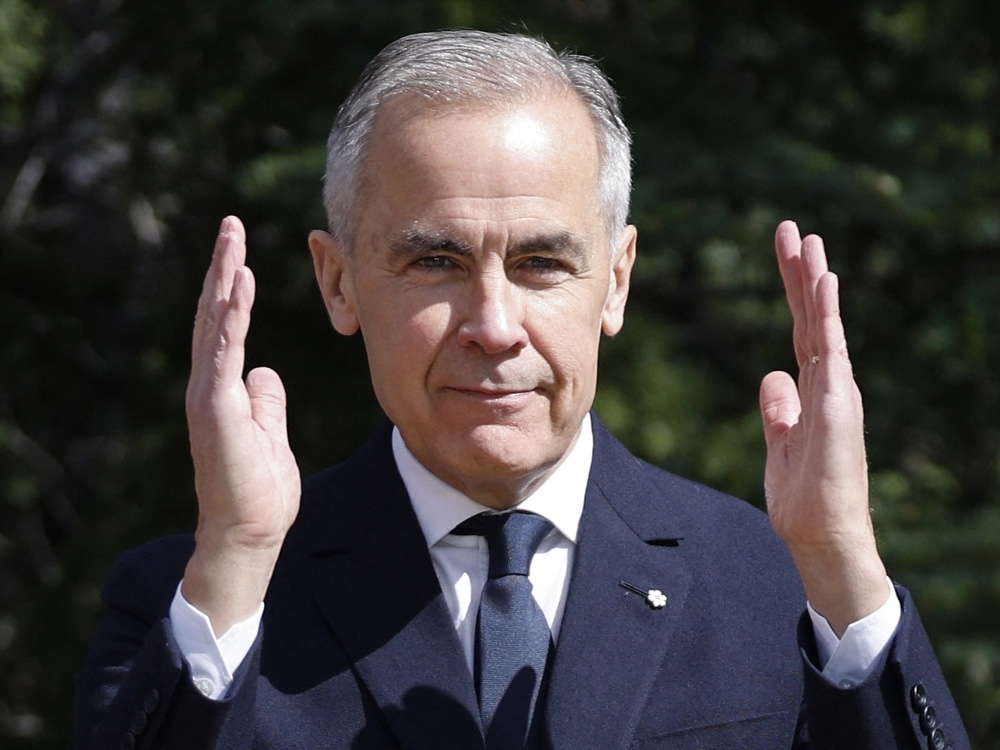Zohran Mamdani, at 34 years old, has achieved a historic victory – becoming the Mayor of New York on a promise of affordability and inclusivity. His win, however, has been immediately shadowed by a wave of deeply troubling and demonstrably false accusations.
The newly elected mayor, a practicing Shia Muslim, has been relentlessly targeted with Islamophobic attacks. Baseless claims alleging he intends to implement Sharia law in New York have flooded social media, fueled by prominent figures like Republican Representative Andy Ogles. Ogles publicly called for Mamdani’s deportation, citing his Ugandan birth and questioning his allegiance to America.
Mamdani’s story is one of a life lived across continents. Born in Uganda to Indian parents, he embraced his heritage and proudly acknowledges his roots. His family immigrated to the United States when he was a child, and he became a naturalized citizen in 2018, fully eligible to serve the city he now leads.

During his victory speech, Mamdani directly confronted the negativity, challenging his detractors to “turn the volume up.” He powerfully declared that New York would remain a haven for immigrants, a city built and powered by them, and now, led by one.
The attacks weren’t limited to online rhetoric. False narratives spread claiming Mamdani envisioned a “Muslim paradise” ruled by jihadists. These accusations, thoroughly debunked by fact-checkers, represent a disturbing pattern of misinformation aimed at undermining his leadership.
Even fellow political candidates joined the chorus of negativity. Andrew Cuomo, in a shocking radio interview, suggested Mamdani would “cheer” another 9/11, a statement the radio host chillingly echoed with laughter. This callous disregard for the trauma of a national tragedy underscored the depth of the prejudice at play.

Mamdani responded with a searing indictment of the Islamophobia he’s faced. He recounted the experiences of countless Muslims in New York, forced to navigate a world of suspicion and indignity, particularly in the wake of 9/11.
He spoke of his aunt, who stopped riding the subway out of fear after the attacks, and of the daily sacrifices made by Muslim New Yorkers – teachers, police officers – only to be met with hostility from their own leaders. He shared the stories of classmates pressured to become informants and aides whose garages were vandalized with hateful graffiti.
Mamdani powerfully articulated that while indignity may be common, the *tolerance* of that indignity is what truly defines the experience of being Muslim in New York. He acknowledged his own relative privilege, having been spared the worst forms of discrimination faced by others.
The attacks haven’t been confined to New York. Former President Trump himself threatened to arrest Mamdani, strip him of his citizenship, and deport him simply for vowing to protect his constituents from ICE raids. This echoes similar attacks leveled against other Muslim political figures, like London Mayor Sadiq Khan.
Trump repeatedly criticized Khan, falsely claiming London was moving towards Sharia law. Khan, with characteristic wit, suggested Trump was simply preoccupied with him, joking about having “squatters’ rights” inside the former president’s head.
Mamdani’s victory represents more than just a political shift; it’s a challenge to the pervasive Islamophobia that continues to plague society. His story is a testament to resilience, a call for inclusivity, and a powerful reminder of the enduring strength of the immigrant spirit.






